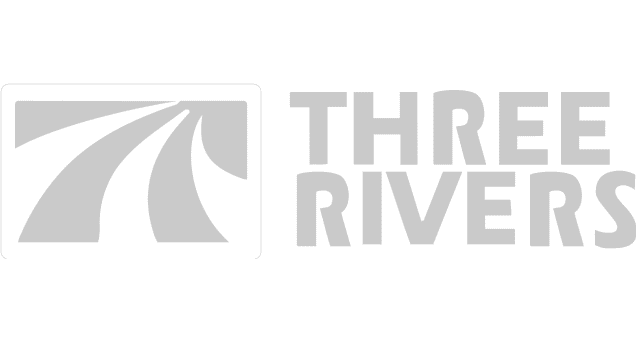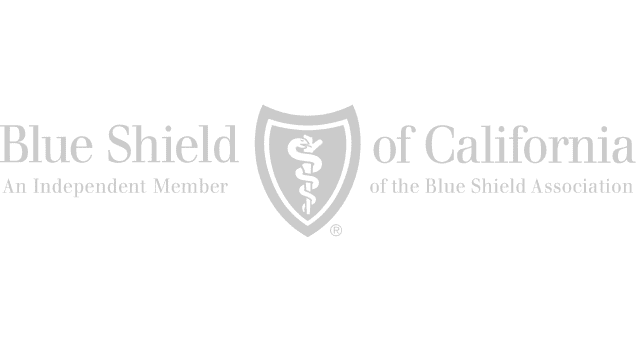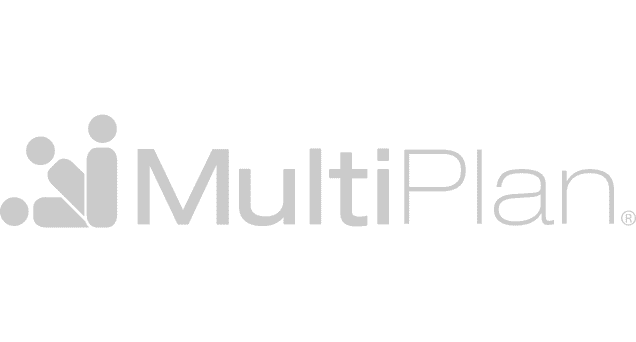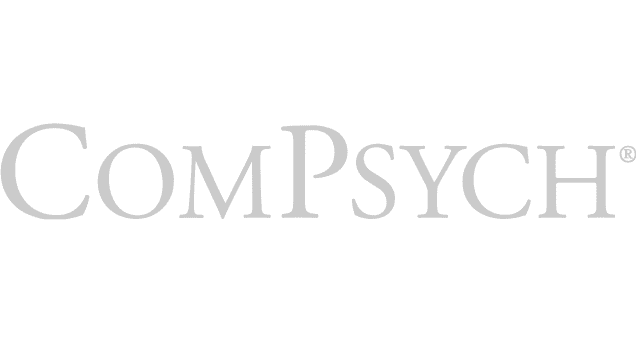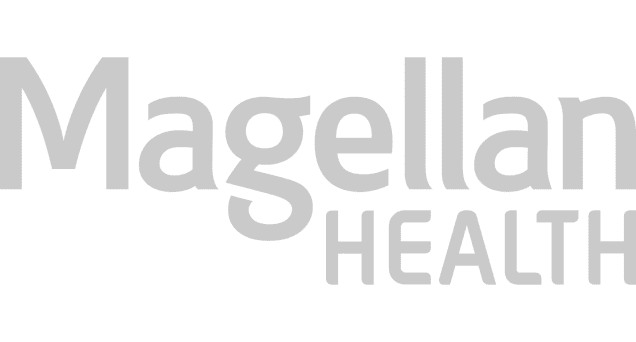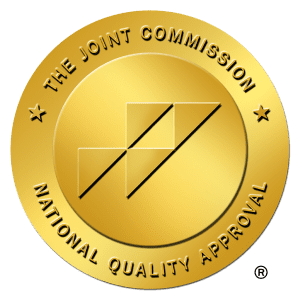We see the person and the societal/humanistic systems that make up their interpersonal, familial and cultural context.
Trauma Treatment Ventura County, CA
Expert Trauma Treatment in Ventura County, CA

About
Trauma
Grata provides specialized trauma treatment in Ventura County, helping individuals heal from developmental trauma and PTSD through evidence-based therapies. Our Thousand Oaks trauma treatment center offers a trauma-informed approach that addresses the root causes of addiction and co-occurring disorders.
Trauma Treatment Ventura County, CA
Expert Trauma Treatment in Ventura County, CA

About Trauma
Grata provides specialized trauma treatment in Ventura County, helping individuals heal from developmental trauma and PTSD through evidence-based therapies. Our Thousand Oaks trauma treatment center offers a trauma-informed approach that addresses the root causes of addiction and co-occurring disorders.
Trauma Treatment Services at Grata Ventura County
Grata’s Trauma Informed Lens
Clarity
Grata clients complete a Diagnostic Substance Use Disorder Assessment, Medical Screening (ASAM) & Biopsychosocial Assessment.
Attachment and Addiction
Clients are screened using evidence-based attachment interviews to look at interpersonal relationship health, the origins of personal dysregulation and the treatment of addictive behaviors.

Trauma Treatment Modalities
Grata’s Ventura County trauma treatment team uses therapies in the treatment of PTSD, including our EMDR practitioners with over 15 years of experience in trauma-informed care, cognitive behavioral (CBT), and Dialectic Behavioral Therapies (DBT). There is power in the group. Our clinicians facilitate groups that bring about deep connection, safety, compassion, and tools that help our clients build resilience and a new trust in themselves that promotes honesty, connection, and autonomy.
The Leader in Holistic
Evidence-Based
Substance Use Disorder &
Trauma Treatment in
Ventura County
The Evidence-Based Grata Difference: Grata – The most trusted name in Treating Substance Dependence and Co-Occurring Developmental Trauma/Complex PTSD. The Grata difference rests in the customized treatment directly from today’s world-renowned clinical visionaries. This difference puts Grata head and shoulders above other luxury treatment facilities.
Our Future-Forward Modalities: Using state-of-the-art evidence-based treatments by world-renowned, industry sculpting psychotherapists.


The Personal Impact of
Adverse Childhood
Experiences (ACEs) &
Substance
The Facts of Trauma: 60% of adults report experiencing Adverse Childhood Experiences that include verbal abuse, emotional abuse and neglect and other difficult family circumstances. 26% of children in the United States will witness or experience a traumatic event before age four.
The Adult Associated Behaviors of Adverse Childhood Experiences (ACEs): People who have experienced developmental trauma or adverse childhood experiences are 15 times more likely to attempt suicide, 4 times more likely to be dependent on alcohol and use/inject drugs. They are also 3 times more likely to use antidepressants, have nicotine dependence, be absent from work or over work and develop chronic obstructive pulmonary disease.

Trauma Treatment Modalities
Grata’s Ventura County trauma treatment team uses therapies in the treatment of PTSD, including our EMDR practitioners with over 15 years of experience in trauma-informed care, cognitive behavioral (CBT), and Dialectic Behavioral Therapies (DBT). There is power in the group. Our clinicians facilitate groups that bring about deep connection, safety, compassion, and tools that help our clients build resilience and a new trust in themselves that promotes honesty, connection, and autonomy.

The Leader in Holistic
Evidence-Based
Substance Use Disorder &
Trauma Treatment
The Evidence-Based Grata Difference: Grata – The most trusted name in Treating Substance Dependence and Co-Occurring Developmental Trauma/Complex PTSD. The Grata difference rests in the customized treatment directly from today’s world-renowned clinical visionaries. This difference puts Grata head and shoulders above other luxury treatment facilities.
Our Future-Forward Modalities: Using state-of-the-art evidence-based treatments by world-renowned, industry sculpting psychotherapists.

The Personal Impact of Adverse Childhood Experiences (ACEs) & Substance
The Facts of Trauma: 60% of adults report experiencing Adverse Childhood Experiences that include verbal abuse, emotional abuse and neglect and other difficult family circumstances. 26% of children in the United States will witness or experience a traumatic event before age four.
The Adult Associated Behaviors of Adverse Childhood Experiences (ACEs): People who have experienced developmental trauma or adverse childhood experiences are 15 times more likely to attempt suicide, 4 times more likely to be dependent on alcohol and use/inject drugs. They are also 3 times more likely to use antidepressants, have nicotine dependence, be absent from work or over work and develop chronic obstructive pulmonary disease.
Your Journey to Wholeness Begins with Only a Willingness
We’re here to encourage and support you.
Start On Your Path today!
Need Clarity? Text or Call our Admissions Team Anytime.
Your Journey to Wholeness Begins
with Only a Willingness
We’re here to encourage and support you: Start On Your Path today! Need Clarity?
Text or Call our Admissions Team Anytime.
Developmental Trauma/Complex PTSD Symptoms & Co-Occurring Addiction
- Anxiety
- Dissociation
- Anger or Irritability
- Difficulty Concentrating
- Despair
- Depression/Feelings of Hopelessness
- Isolation
- Relational Problems
- Feelings of Numbness & Disconnection
- Self-Blame
- Shame
- Negative Core Beliefs
- Lack of Trust
- Impulsive Thoughts & Behaviors
- Sabotaging Behaviors
- Sense of Doom
- Codependency
- Hypervigilance
- Negative Sense of Self
- Negative Sense of Others
- Fatigue
- Heightened Startle Response
- Difficulty Concentrating
- Addiction
- Eating Disorder/Overeating
- Attention Difficulties
- Sleep Issues
- GI Problems
- Autoimmune Related Issues
- Headaches
- Chronic Pain
- Behavioral Issues
- Elevated Blood Pressure
- Hypertension
- Agitation
- Environmental Sensitivities
Do I Need Treatment for Developmental Trauma/Complex PTSD &
Occurring Substance Dependence?
- Do you find yourself avoiding getting too close in relationships, always leaving yourself an “out”, or struggling with commitment?
- Do you find yourself feeling overwhelmed by the notion of ultimatums regarding stopping or reducing substance use for the sake of others?
- Have you given up on your interests?
- Do you rely on your partner or important others to make decisions for you?
- Do you struggle with intimacy with your partner, sexual or otherwise?
- Do you feel that trying to control the use of substances you can experience a sense of control over other areas of your life.
- Do you become preoccupied to the point of obsession with projects or struggle to complete projects?
- Do you have problems with boundaries or saying no?
- Do you devalue yourself or have low self esteem?
Do I Need Treatment for Developmental Trauma/Complex PTSD & Occurring Substance Dependence?
- Do you find yourself avoiding getting too close in relationships, always leaving yourself an “out”, or struggling with commitment?
- Do you find yourself feeling overwhelmed by the notion of ultimatums regarding stopping or reducing substance use for the sake of others?
- Have you given up on your interests?
- Do you rely on your partner or important others to make decisions for you?
- Do you struggle with intimacy with your partner, sexual or otherwise?
- Do you feel that trying to control the use of substances you can experience a sense of control over other areas of your life.
- Do you become preoccupied to the point of obsession with projects or struggle to complete projects?
- Do you have problems with boundaries or saying no?
- Do you devalue yourself or have low self esteem?

How Grata
Can Help
With trauma-informed treatment, you can overcome the programming of your childhood by learning to rewire your brain and creating a felt sense of safety in your body and mind. At Grata Ventura County, we want to honor your experiences and provide you with personalized, individualized treatment.
Through trauma therapy, you will be able to better understand how trauma has shaped your life and how you can take ownership of your new path. You’ll develop the skills to strengthen your emotional resilience and create new neural pathways to avoid falling back into any maladaptive patterns developed in response to trauma.
Your Journey to Wholeness Begins
with Only a Willingness
We’re here to encourage and support you.
Start On Your Path Today!
Need Clarity? Text or Call our Admissions Team Anytime.
Your Journey to Wholeness
Begins with Only a Willingness
We’re here to encourage and support you. Need Clarity? Text or Call our Admissions Team Anytime.
Start On Your Path today!

